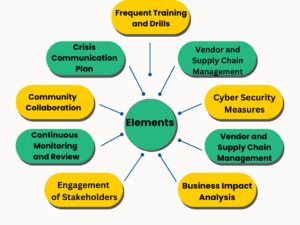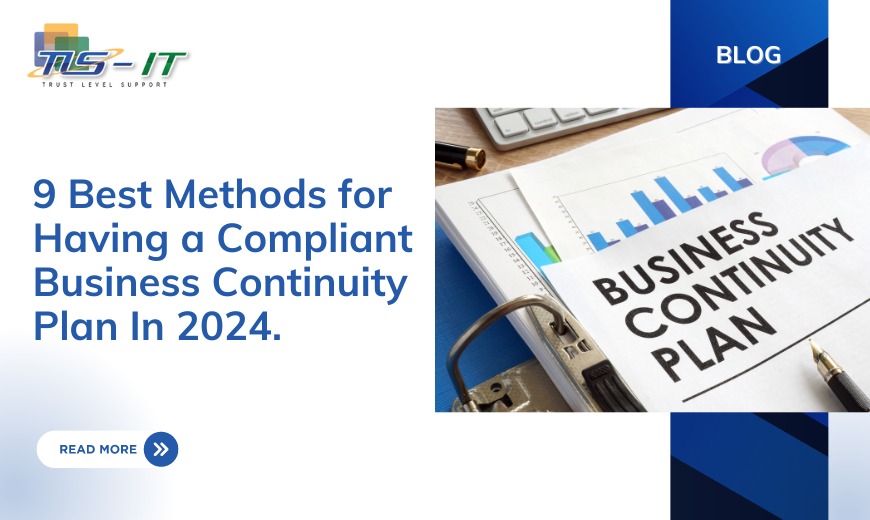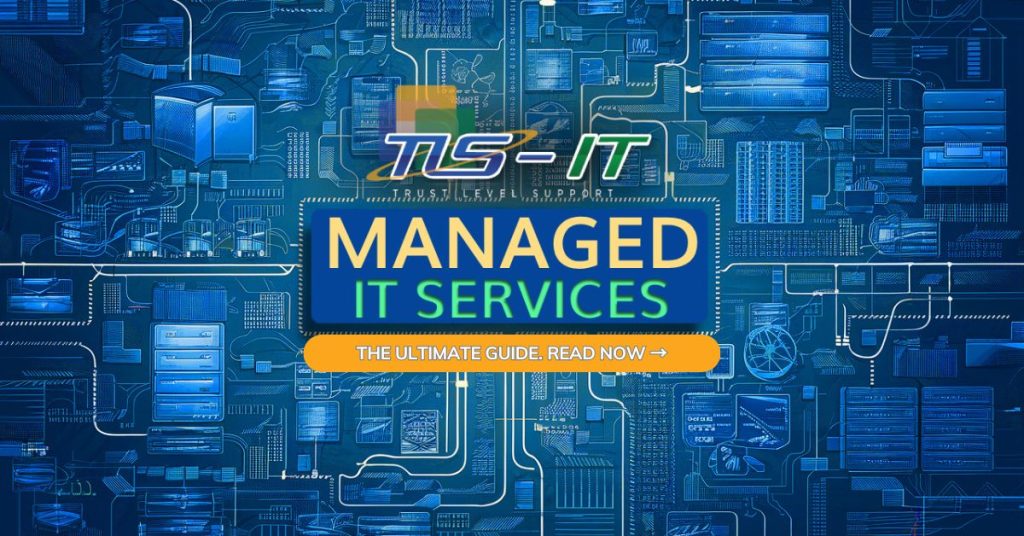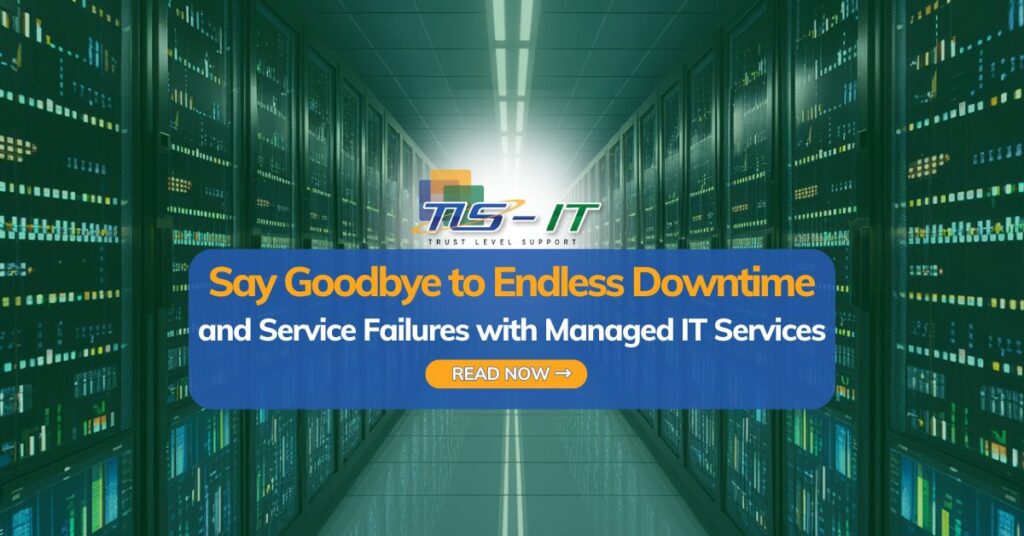Sustaining smooth operations is a big problem for companies in the UAE that operate in regulated industries like healthcare and banking.Government agencies and regulatory bodies have established strict regulations that control these businesses. These rules cover a broad range of specifications, such as strict record-keeping standards, backup plans, access control, and data protection.
The protection of vital data is the main goal of these regulations.Sensitive data includes things like medical records, financial information, personal information, and proprietary data. Ensuring the security of this data is crucial, as is keeping thorough records and closely monitoring its movements. It is imperative for organizations to guarantee the security and accessibility of data even during calamities such as floods.
Businesses in the UAE that operate in regulated industries must proceed with utmost caution due to the complex risks involved. When creating plans to guarantee business continuity, adherence to legislation is crucial. A simple “Oops, we lost that important info in the flood” won’t cut it when it comes to regulatory inspections.
Several crucial elements need to be taken into account when creating a plan for preserving legitimate and sustainable business operations:

1. Frequent Training and Drills: It’s important to do staff training sessions and activities on a regular basis. This reduces mistakes made during emergencies by ensuring familiarity with emergency protocols and compliance guidelines.
2. Vendor and Supply Chain Management: Companies have to analyze and oversee their suppliers’ and supply chain partners’ compliance levels. Maintaining continuity and minimizing risks are achieved by all parties by aligning with regulatory standards.
3. Cybersecurity Measures: Robust cybersecurity measures are essential for protecting sensitive data from cyber threats. Encryption, multi-factor authentication, and regular security audits are vital components of a robust cybersecurity strategy.
4. Vendor and Supply Chain Management: Companies have to analyze and oversee their suppliers’ and supply chain partners’ compliance levels. Maintaining continuity and minimizing risks are achieved by all parties by aligning with regulatory standards.
5. Business Impact Analysis: Identifying key functions and allocating resources appropriately are made easier by carrying out a thorough business impact analysis. This guarantees that even in the event of disruptions, crucial operations can carry on.
6. Engagement of Stakeholders: It is crucial to include stakeholders from different departments in the creation and execution of the business continuity strategy. Their cooperation and contributions are essential to its success.
7. Continuous Monitoring and Review: By keeping a check on the business continuity plan, it is possible to spot flaws and opportunities for development. Frequent revisions guarantee the plan’s continued efficacy and compliance with changing legal requirements.
8. Community Collaboration: Businesses can stay up to date on the most recent compliance standards and best practices by collaborating with industry groups and regulatory agencies. Resilience is increased overall when experiences and insights are shared.
9. Crisis Communication Plan: In order to minimize misunderstanding and keep stakeholders informed during emergencies, it is essential to have a well-defined crisis communication plan in place.
The business continuity plan’s incorporation of governance, risk, and compliance guarantees that all important elements necessary to maintain operations’ seamless functioning and regulatory compliance are understood. Governance is primarily about having the proper policies and records in place, including reporting. Every scenario is taken into account during a risk assessment, from little setbacks to large-scale disasters.
Program testing and updating should be done on a regular basis, particularly for companies that operate in highly regulated sectors like finance and healthcare in the United Arab Emirates. It might be very helpful to look for support from a managed IT services provider with a lot of regulatory experience. They are able to spot any technological problems that might go against the rules and assist in determining the finest technological fixes that adhere to rules.
For companies in the UAE looking for compliant backup and recovery solutions, our cloud-based BDR solutions are perfect. All sizes of businesses can use them.
Within early a period of experience, TLS-IT has assisted clients in UAE industries subject to strict regulations. Let’s talk about how we can work together to create a technology configuration for your company that is compliant and robust. To guarantee the continuity and compliance of your company’s activities, set up a consultation with us right now.
Reach out to us at (+971)43955877 for expert consultation and configuration assistance. Our committed team is at your service round the clock, providing continuous guidance and support. With a decade-long track record of delivering excellence in BusinessContinuity and Disaster Recovery services, we assure unparalleled reliability and quality in safeguarding your business operations.




